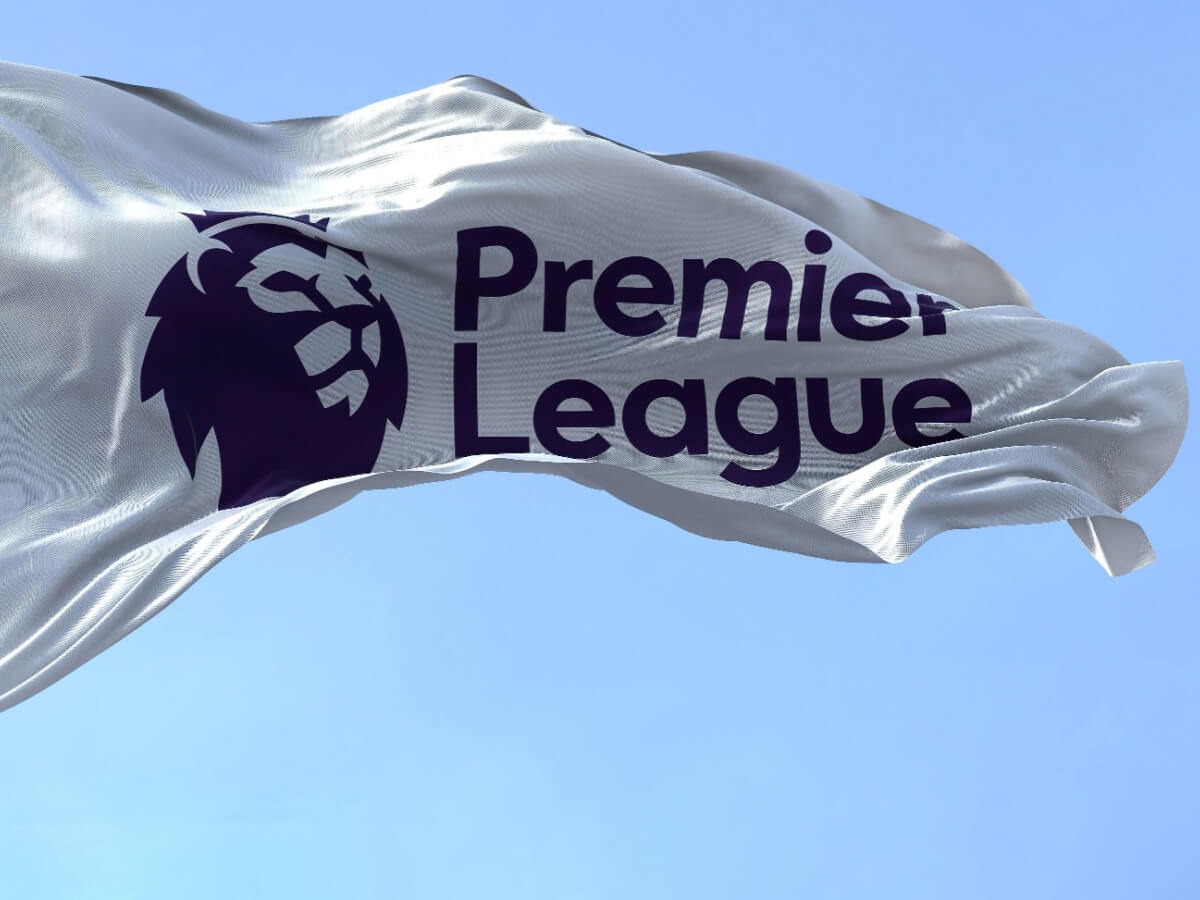The Premier League will continue to comprise of 20 clubs, quashing speculations about a reduction to 18, according to Chief Executive Richard Masters. This announcement comes amidst ongoing tensions with FIFA over the increasingly congested international calendar.
The upcoming top-flight season is set to commence on August 15th, marking the beginning of an intense eleven-month period of competitive action. The season's finale will be held in the US with the World Cup final scheduled for July 19th.
Premier League Chief Executive, Richard Masters, said:
"I don't think we should be forced into that decision. I am all for the growth of the game and the exciting competitions our clubs can participate in - but not at the expense of domestic football."
This year's season kicks off merely three weeks after Chelsea's triumphant victory over Paris St-Germain at the Club World Cup and two weeks post the final round of Summer Series matches.
Player burnout
Manchester City midfielder Rodri voiced concerns last year about players nearing a strike due to an increase in games. Similarly, France's Ligue 1 has already taken steps towards reducing player burnout by cutting down from 20 teams to 18 for their upcoming 2023-24 season.
FIFA and players' union Fifpro have been locked in a long-standing dispute over this issue. Masters aligns himself with Fifpro, criticizing FIFA for not adequately consulting stakeholders before implementing changes such as expanding the Club World Cup team count from its current format or next summer’s World Cup which will include an unprecedented number of countries (48).
Richard Masters added:
"The jury is out about the competitiveness of the format and the scheduling and the underlying economics, but it is not my job to assess the success or otherwise of the Club World Cup. It is my job to assess whether these new competitions have an impact on the domestic calendar and domestic competitions, of which the Premier League is one.
"Since 1994 the Premier League has been 380 matches, 20 clubs. We haven't changed shape at all. Now we are now starting to redesign our domestic calendar at the altar of European and global expansion. We are asking the players to play in more matches. There has to be, at the top of the game, a proper dialogue between Fifa and all the stakeholders about how these things go forward. That has been sadly missing."
However, FIFA isn't solely responsible for squeezing football calendars - UEFA’s expansion across all three club competitions last season was primarily why FA Cup replays had to be scrapped and why Carabao Cup third round now spans two midweeks in September. Masters pointed out that major leagues at least had some say during these decision-making processes unlike those made by FIFA.
Past mistakes & future adjustments
While the Premier League has remained consistent with its 20-club format since reducing from 22 clubs for the 1994-95 campaign, it hasn't been immune to criticism. In the past, it has been accused of forcing clubs into schedules they were not comfortable with.
However, recent changes suggest a shift towards more accommodating scheduling. The Premier League now prevents clubs from playing away on Wednesday nights in Europe and then again on Saturday lunchtime. It also ensures more distance between fixtures over the Christmas period. The latest controversy revolves around Chelsea and Manchester City who both requested a delayed start to the new season due to their summer commitments. This request was denied, meaning Chelsea will face Crystal Palace at Stamford Bridge exactly five weeks after their victory over PSG at MetLife Stadium.
While player burnout and calendar congestion remain significant concerns in international football, it seems that for now, the Premier League is sticking with its current format while trying to make adjustments where possible.












